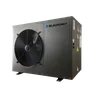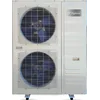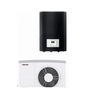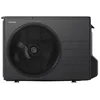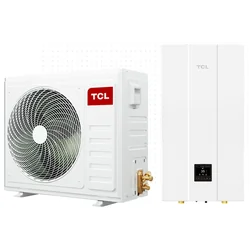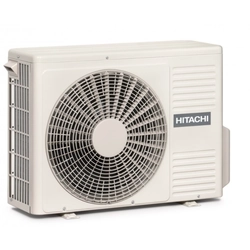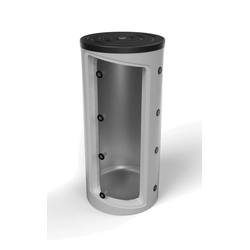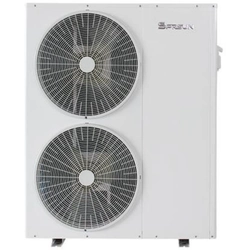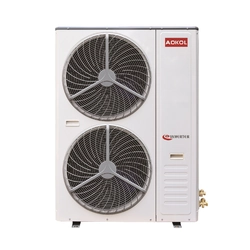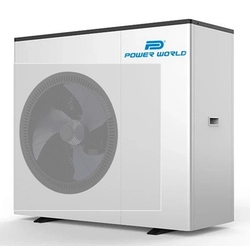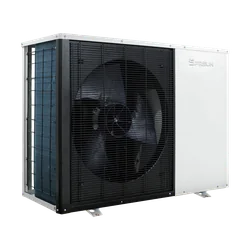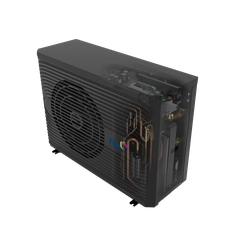Top offers
What is a Heat Pump?
A heat pump is a device that transfers heat from one place to another using electricity. It works by absorbing heat from the air or ground outside and then using that heat to warm up the inside of a building. In the summer, it can also be used to cool the inside of a building by reversing the process and transferring heat from the inside to the outside.
One of the key benefits of a heat pump is that it is extremely efficient. Unlike traditional heating and cooling systems, which generate heat or cold air, a heat pump simply moves existing heat from one place to another. This means that it can provide the same level of comfort while using significantly less energy, which can result in significant cost savings over time.
Another benefit of heat pumps is that they are very environmentally friendly. Because they use electricity rather than burning fossil fuels, they produce no emissions and have a very low carbon footprint. This makes them a great option for anyone who is concerned about reducing their impact on the environment.

AOKOL ASH-85CHW/FR 25 kW Split Type Air to Water Heat Pump

Sale SPRSUN monoblock heat pump 15kW model CGK-040V3L-B 380V 3-faz, Panasonic components

AOKOL ASH-65CHW/MR 18 kW Monoblock Type Air to Water Heat Pump
Types of Heat Pumps. Which to choose?
There are several different types of heat pumps, each of which is suited for different environments and needs.
Air source heat pumps are the most common type of heat pump and work by absorbing heat from the outside air. They are easy to install and can be used in both residential and commercial settings.
Ground source heat pumps are another option and work by absorbing heat from the ground. While they can be more expensive to install, they are also more efficient and can provide significant energy savings over time.
Finally, there are water source heat pumps, which work by absorbing heat from a nearby water source. These are less common than air or ground source heat pumps, but can be a good option in areas with access to a nearby body of water.
Regardless of the type of heat pump chosen, it is important to work with a qualified professional to ensure that it is installed correctly and that it is the right fit for the specific building and environment.
Investing in a Heat Pump - Step by step.
While heat pumps can require a significant upfront investment, they can also provide significant cost savings over time. In addition to the energy savings from using a more efficient heating and cooling system, there are often tax credits and rebates available for those who invest in renewable energy.
Another benefit of heat pumps is that they require very little maintenance. Unlike traditional heating and cooling systems, which require regular maintenance and cleaning, heat pumps are designed to be low-maintenance and long-lasting. This means that once it is installed, there is very little ongoing work required.
Finally, investing in a heat pump can also add value to a property. As more and more people become interested in renewable energy, having a heat pump installed can be a significant selling point for a property, particularly in areas with high energy costs or a strong commitment to sustainability.
Whether you are looking to reduce your carbon footprint, save on energy costs, or increase the value of your property, investing in a heat pump is a smart choice that can provide long-term benefits for years to come.
